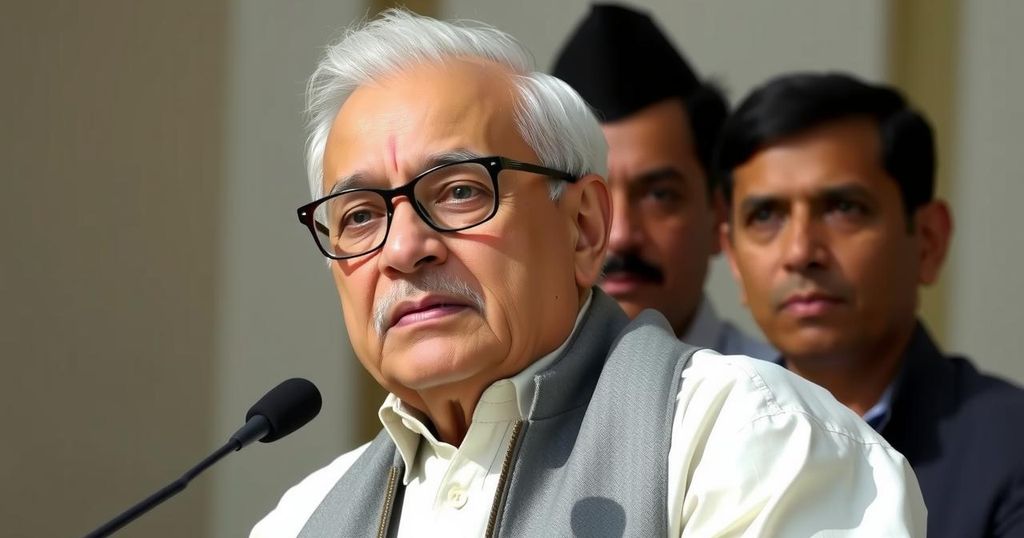Manmohan Singh: Academic Foundations of Economic Reform in India

This article examines how Manmohan Singh’s academic background shaped his economic policies as Prime Minister of India. His focus on export promotion over import substitution during the 1991 economic reforms helped to bolster India’s global economic standing, ultimately lifting millions out of poverty.
Manmohan Singh’s tenure as Prime Minister of India was marked by significant economic reforms, deeply influenced by his academic background. Singh’s 1991 reforms not only rescued India from potential bankruptcy but also positioned it as an emerging global economic power. These reforms reflected his scholarly insights, acquired through his D. Phil from Oxford University under economist Ian Little, a figure instrumental in shaping India’s economic policies.
Singh’s earlier academic work focused on India’s export performance, through his thesis titled “India’s Export Trends and Prospects for Self-Sustained Growth”. Here, he examined key questions regarding the stagnation of India’s export earnings from 1951 to 1960 and the necessary shifts towards export promotion rather than import substitution. His analysis suggested that for India to foster sustainable growth, it had to intensify its export efforts.
The philosophical shift Singh advocated was evident during his 1991 policy implementations, which included the devaluation of the Indian rupee aimed at enhancing export competitiveness. By dismantling trade barriers and reducing import tariffs, Singh allowed India to better integrate into the global economy, leading to a significant increase in foreign reserves. This pivotal approach facilitated the lifting of 271 million individuals out of poverty from 2005 to 2014, as per Planning Commission data.
Manmohan Singh’s role in transforming India’s economy is a reflection of his profound academic background, which encouraged a pivot from a heavily import-dependent economic model to one focused on exports. The groundwork for this transformation was laid during his studies at Oxford University under Ian Little, a prominent economist. Singh’s early theoretical insights into export economics shaped his subsequent policy decisions and were crucial during the liberalisation phase of the 1990s, which aimed at reviving India’s economy and positioning it on the global stage.
In conclusion, Manmohan Singh’s policies as Prime Minister were significantly influenced by his academic experiences, particularly in understanding export dynamics. His reform initiatives in 1991 not only rescued the Indian economy from severe distress but also laid the foundation for a sustainable growth model through enhanced global integration. The notable impact of these policies is illustrated by the substantial reduction in poverty levels, affirming his approach towards liberalisation infused with social safeguards.
Original Source: www.hindustantimes.com








